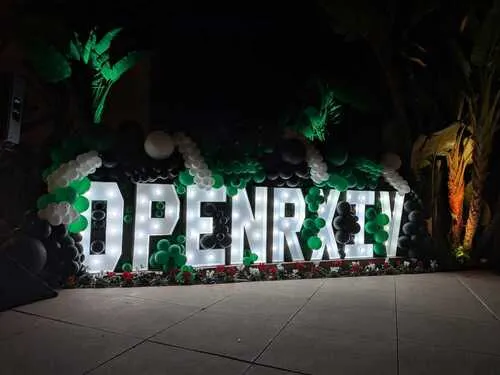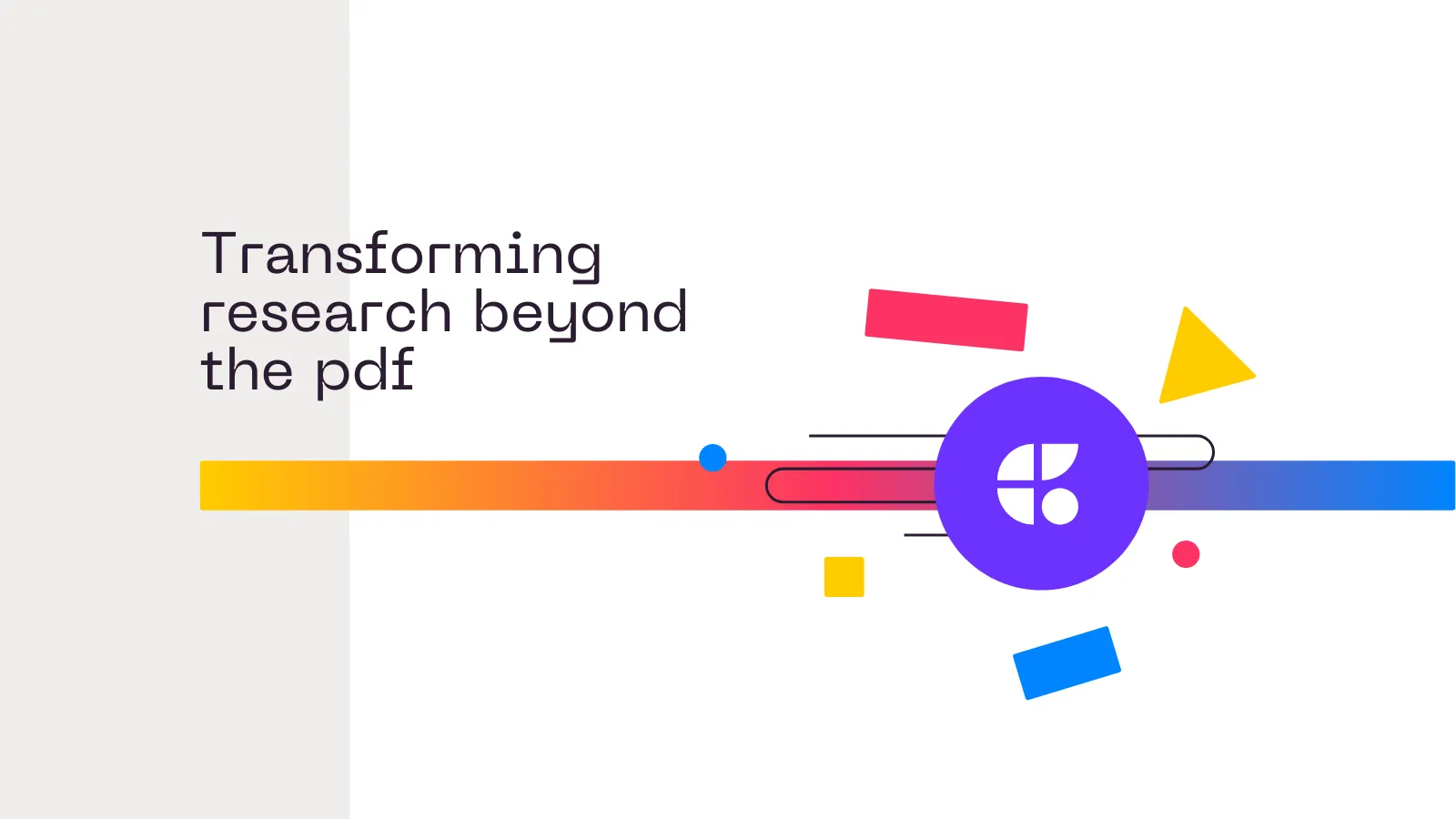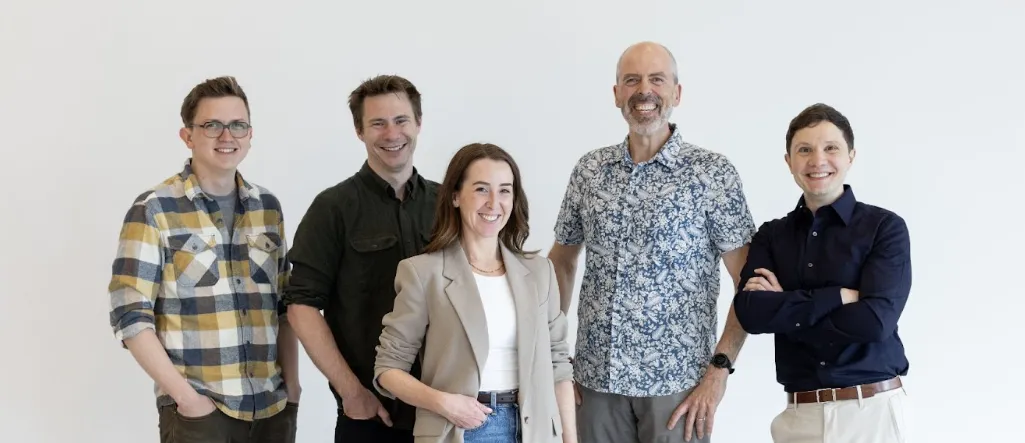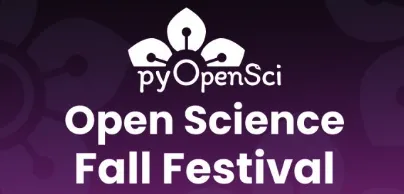FORCE11 2021 Recap
This past week, the Curvenote team attended FORCE11’s 2021 Annual Conference. We were proudly able to be a Gold Sponsor for this year’s free virtual gathering of over 1,300 participants focused on the advancement of research communication.
Our Co-founder and CEO, Rowan Cockett started out the community presentations on Tuesday. He gave an overview of our mission at Curvenote, to bridge the gap between data science and open, reproducible, research communication while posing an important question for the future - how do we move scientific communication out of PDFs when every system we use creates PDFs?
The conference covered a variety of topics that we benefited from as both researchers and developers of tools to support researchers. A highlight of some of the pieces that stood out to us are below!
Credit, citation, and acknowledgements
- Investigating what institutions value for promotion, review, and tenure, how these factors differ from what individuals value, and the impact of open science in regards to these values (on merrit)
- Developing guidance strategies for developers, researchers, and journals to implement and improve software citation (Force11 working group)
- Creating a Citation File Format for standard citation of software that includes the proper meta data and can be added to citation managers (CFF)
- Recognizing individuals for their efforts in open science beyond publication, e.g. community engagement, linked to an ORCID (Rescognito)
- Building an open repository for bibliographic and citation data, thus improving the assessment of research which is often hindered by paywall publications (OpenCitations)
- Decentralization of metadata and credit information communicated automatically throughout the research process (COAR Notify)
- Increase use of the Contributor Role Taxonomy throughout each step of the research workflow and tie to ORCID ID for improved assessment and acknowledgement (CRediT)
Open science
- Recommendations made by UNESCO promoting open knowledge sharing between nations and people, specifically for achieving global Sustainable Development Goals (SDGs) (UNESCO)
- The potential for libraries to increase social impact for open research and communicate science to the public (ARL)
Preprint discovery and trust
- Indexing preprints for discoverability and providing links to data, citations, author information, and more (Europe PMC)
- Enabling community peer review of preprints that leads directly into a journal, increasing preprint visibility and decreasing rounds of peer review (Review Commons)
- Open
Open access
- Developing infrastructure to promote, archive, and maintain open access journals and books (JASPER, copim)
Open data
- re3data.org is a registry of research data repositories supporting long term storage of open data for proper re-use, reference, and citation
- Ethics, citation, and privacy considerations for the open publication, sharing, and management of data (Force11)
- Decreasing the spread of retracted science and problematic data through improved metadata and communication (RISRS)
Rich publishing systems
- Journal publication in a database with a structured data format to create and share interactive and flexible views of data (Gigabyte)
- Bridging the gap between data science and open, reproducible, research communication (Curvenote)
Diversity, inclusion, and beyond
- Decline of bibliodiversity due to global measure of research impact, pressure to publish only in English, difficulty to fund projects at a local rather than global scale (COAR)
The amount of information exchanged in just three days at FORCE 2021 was astounding! We look forward to the continued conversations and efforts with those we met along the way. We plan to continue building and improving Curvenote for researchers and scientific communication, integrating what we’ve learned this past week. We encourage anyone who what unable to attend to check out the videos and other media from the conference and hope to see you all next year!





